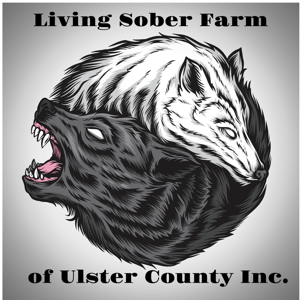It's important that you arm yourself with as much information as you can get. We hope this website will make it easier for you. There are many good books on the subject of addiction. One I liked and can recommend is "Addict in the Family" by Beverly Conyers, MA. This book provides a clear and easy to read overall description of this new world. It contains the author's and other's personal stories along with many references, notes and other book recommendations.
While there is a lot of information online, some of it is politically motivated and skewed to persuade you to use a particular medication or go to a particular rehab. The old saying, "buyer beware" fits in this world also. I can't recommend strongly enough that you educate yourself and ask questions. Be leery of "pop up" advertising from sources that try to convince you that they have the answers and strategies you need to save yourself or loved one. What works for one will not necessarily work for another. Substance abuse and addiction are too complex for such simple answers.
Like other corporations in our world, profit motives can and will try to influence the decisions you make. If you are reading this website, you may be searching for answers for yourself or for a loved one. Either option puts you in a desperate state in which you are most likely experiencing high stress. It is so important that you get support. It's important that you do not isolate yourself, a tendency most people do. The stigma of addiction not only isolates you, but also prevents you from seeking the help you desperately need. You will notice many ads on tv, billboards, posters, events, news and other media giving you hot-lines to call, talking about life saving medications, and giving you hope in a terrible situation. Addiction is very complex and there are no magic bullets, no magic wands, no medication or rehab that will guarantee a life free from addiction. Get as much information as you can but analyze where it's coming from. You will hear the term, "evidence based" treatments that work. But what exactly does that mean? What is their definition of recovery-- is it what your definition is? Define "evidence based"-- what exactly is the evidence? What is the length of the study? Who was evaluated? Were the participants of the study at the critical level of addiction or were they substance abusers without the same level of brain damage? I hope you get the idea. Your choices are critical.
It's hard to realize that your life has taken such a turn for the worse. This is a journey through hell but never give up. Never give up the fight!
If you would like more information about questions to ask , I suggest reading, "A consumer's guide to research on substance use disorders", Jason Schwartz, Sep.29,2022. http://recoveryreview.blog/2022/09/29/a-consumers-guide-to-research-on-

